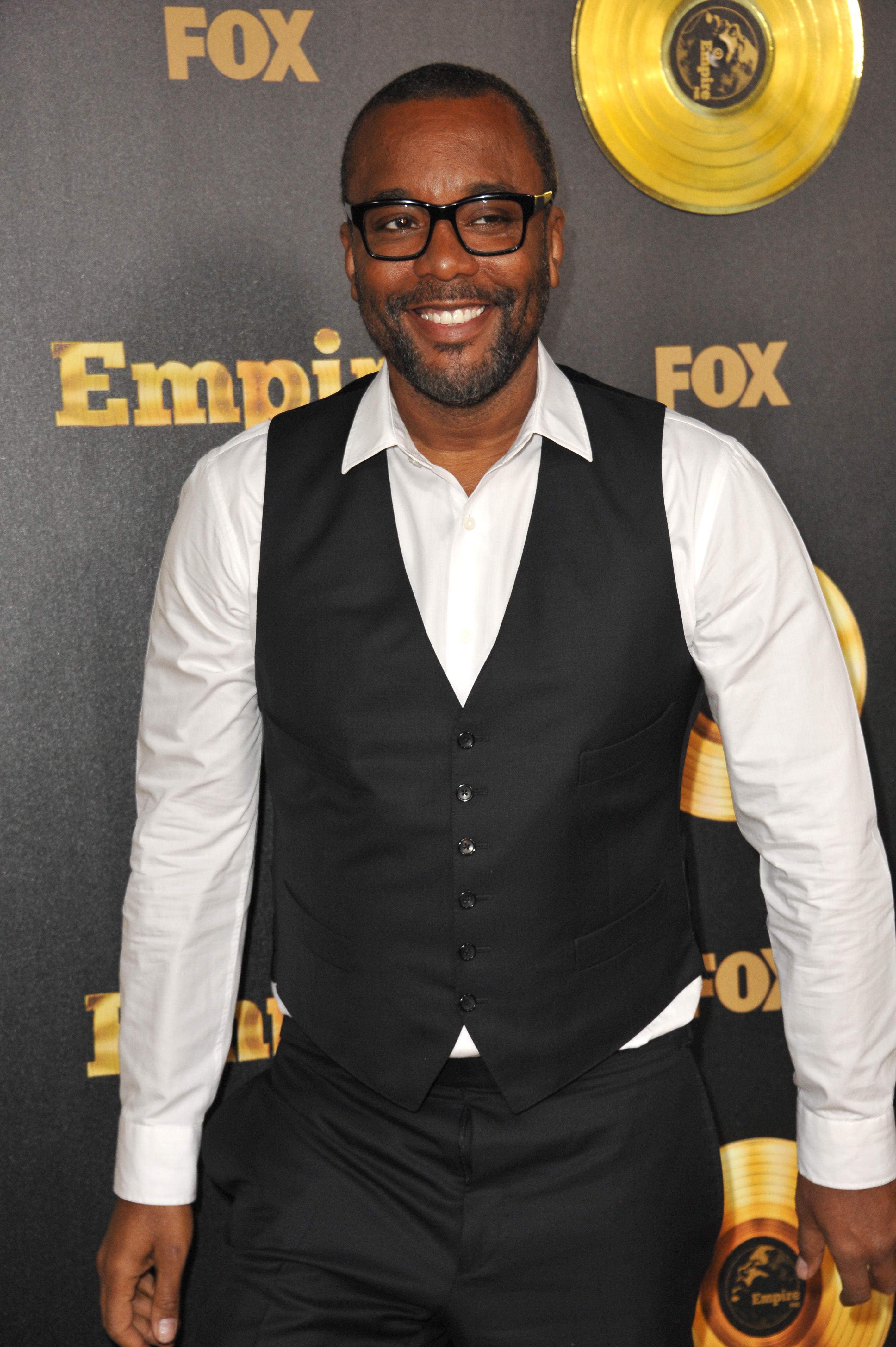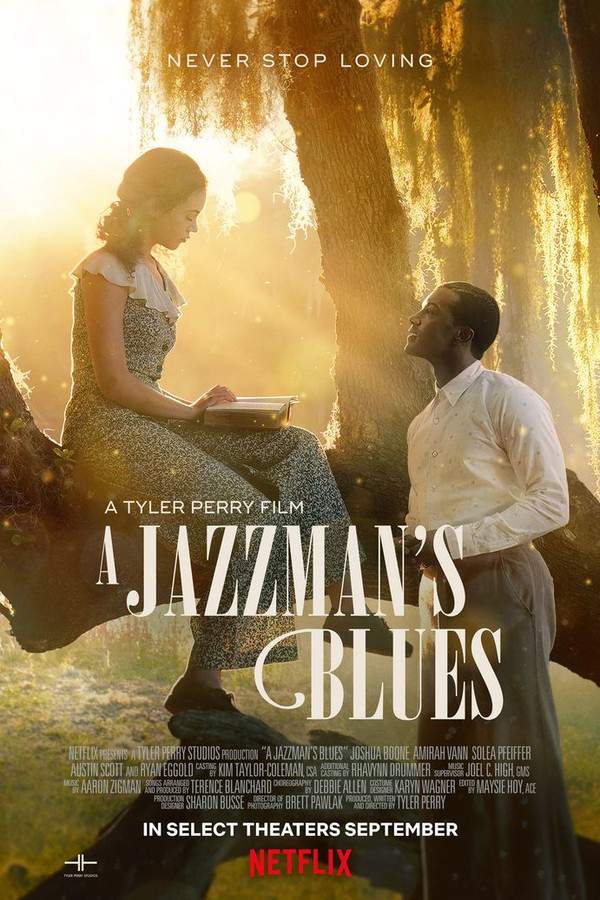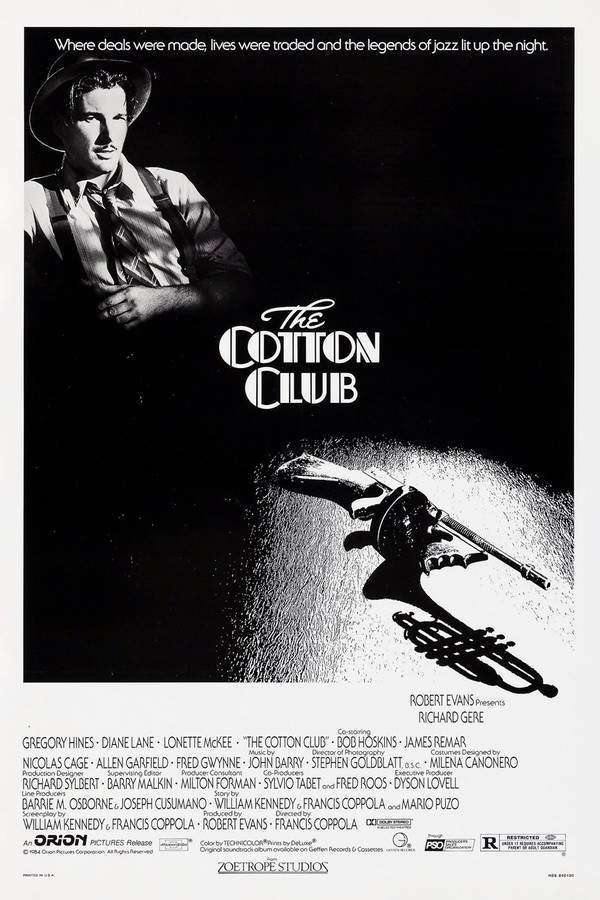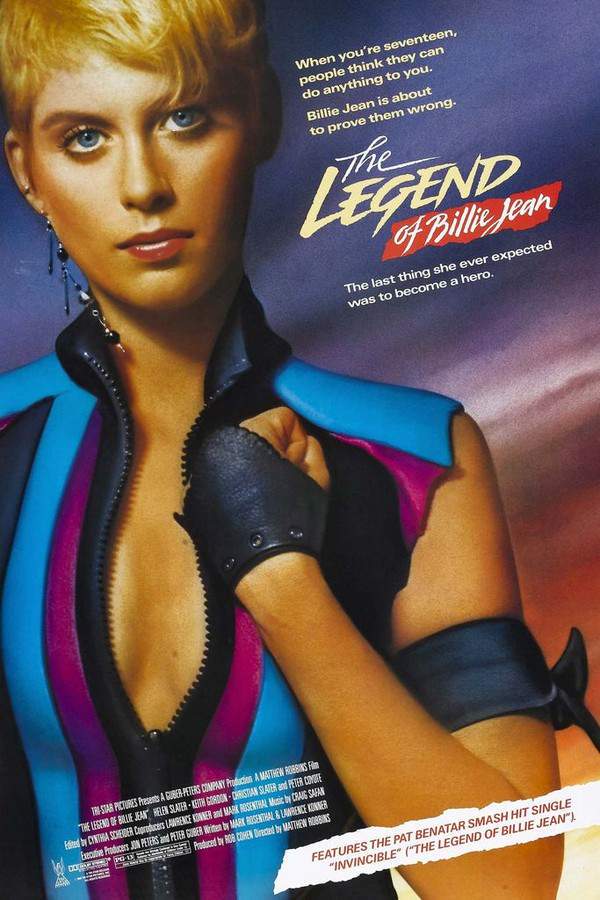
The United States vs. Billie Holiday 2021
Directed by

Lee Daniels
Made by
Paramount Pictures
Test your knowledge of The United States vs. Billie Holiday with our quiz!
The United States vs. Billie Holiday Plot Summary
Read the complete plot summary and ending explained for The United States vs. Billie Holiday (2021). From turning points to emotional moments, uncover what really happened and why it matters.
In 1957, the legendary singer Billie Holiday sits down for an interview with radio journalist Reginald Lord Devine. During their discussion, Devine probes her about the challenges she faces as a “colored woman” and the backlash surrounding her powerful song “Strange Fruit.” Billie passionately explains that the song’s lyrics highlight crucial human rights issues, which are often neglected by those in power.
Flashback to 1947, where Billie’s husband James Monroe and her manager Joe Glaser urge her to remove “Strange Fruit” from her performance repertoire due to potential legal complications. Despite their concerns, Billie’s saxophonist and steadfast ally, Lester Young, stands by her, encouraging her to keep the song in her set.
As the 1940s unfold, Harry J. Anslinger, the head of the Federal Bureau of Narcotics, marks Billie as a major target, perceiving her as a political threat because of her music’s provocative themes. Unable to charge her with merely singing, the authorities pivot to alleged drug offenses. After one of her performances, undercover agent Jimmy Fletcher, posing as a soldier, witnesses Billie using drugs. The ensuing investigation leads to her arrest alongside her partner Joe Guy. Betrayed by the testimony of a bribed witness, Billie receives a harsh one-year prison sentence.
Assigned to gain Billie’s trust, Jimmy visits her in prison, initially aiming to extract incriminating evidence. However, he becomes sympathetic to her plight and advises her to stay vigilant, knowing the government is intent on destroying her legacy.
Upon her release, Billie returns to the stage at Carnegie Hall but is saddened when she must turn down a fan’s request to hear “Strange Fruit.” She subsequently meets promoter John Levy, who offers to help her navigate the treacherous waters of her career. Sadly, Levy’s betrayal comes full circle when he plants drugs on her, resulting in another arrest just as Anslinger’s agents close in. In a dramatic court scene, Jimmy reveals that Billie may have been set up, leading to her freedom once more.
In 1949, after a successful string of performances, Jimmy finally comes clean about his true allegiance to the Bureau. Desperate to earn Billie’s trust again, he shares his struggles with addiction, and their relationship deepens as they fall in love. However, after a bus breakdown prompts an emotional farewell, Billie believes that she is not the right partner for Jimmy, prompting him to leave.
Later, Billie marries Louis McKay, but her heart ultimately belongs to Jimmy. As 1959 rolls around, an older Billie lies dying in a hospital bed after years of battling alcoholism. In a final confrontation, Anslinger pays her a visit with one last deal—clearing her record in exchange for names of fellow drug users. Billie, unfazed, delivers a powerful retort, stating that his grandchildren will one day be singing “Strange Fruit.”
The United States vs. Billie Holiday Timeline
Follow the complete movie timeline of The United States vs. Billie Holiday (2021) with every major event in chronological order. Great for understanding complex plots and story progression.
Billie Holiday's Interview
In 1957, the iconic singer Billie Holiday sits down for a revealing interview with journalist Reginald Lord Devine. During this conversation, they delve into the challenges she faces as a 'colored woman' in the spotlight and the backlash she receives concerning her impactful song 'Strange Fruit.'
Discussion of 'Strange Fruit'
Billie passionately explains to Devine the significance of her song 'Strange Fruit,' which addresses critical human rights issues. She underscores how its powerful lyrics reflect the societal neglect experienced by marginalized communities, making it a subject of controversy.
Pressure to Remove 'Strange Fruit'
Flashback to 1947, where Billie's husband James Monroe and her manager Joe Glaser warn her against performing 'Strange Fruit.' They are concerned about the potential legal repercussions it may attract, showcasing the tension surrounding her artistic freedom.
Support from Lester Young
Despite the pressure, Billie's loyal saxophonist Lester Young stands in support of her decision to keep 'Strange Fruit' in her performances. His encouragement highlights the importance of artistic conviction during a time of intense scrutiny.
Harry J. Anslinger's Targeting
As the 1940s progress, Harry J. Anslinger, head of the Federal Bureau of Narcotics, identifies Billie as a political threat due to her provocative music. Unable to charge her for her songs, they resort to investigating alleged drug use to undermine her reputation.
Billie's Arrest
After a performance, undercover agent Jimmy Fletcher witnesses Billie using drugs, leading to her arrest alongside her partner Joe Guy. This moment signifies a turning point in her life as a bribed witness provides testimony against her, resulting in a grim one-year prison sentence.
Jimmy's Role in Prison
Assigned to gain Billie's trust, Jimmy visits her in prison with the intention of gathering evidence. As their conversations unfold, he becomes increasingly sympathetic to Billie’s struggles, and warns her to be cautious as the government seeks to destroy her legacy.
Return to Carnegie Hall
Upon her release, Billie takes the stage at Carnegie Hall, yet feels the weight of her circumstances when she must decline a request for 'Strange Fruit.' This moment emphasizes her connection to the song and the barriers she continues to face.
Betrayal by John Levy
Billie encounters promoter John Levy, who initially offers guidance for her career but ultimately betrays her by planting drugs. This cruel twist reinforces the treachery that surrounds her and leads to yet another arrest, just as Anslinger's agents close in.
Jimmy's Revelation in Court
During a dramatic court scene, Jimmy reveals that Billie may have been set up regarding the drugs planted on her. His testimony proves pivotal as it influences the outcome of the case, allowing Billie another chance at freedom.
Jimmy's True Allegiance
In 1949, after a series of performances, Jimmy eventually reveals his true allegiance to the Bureau to Billie. As he expresses his own struggles with addiction, their bond strengthens, leading to a deep emotional connection between them.
Emotional Farewell
After an emotional moment prompted by a bus breakdown, Billie believes she is not the right partner for Jimmy and encourages him to leave. This farewell marks a poignant moment in their relationship, reflecting Billie's internal conflicts.
Billie's Marriage to Louis McKay
Later, Billie marries Louis McKay in an attempt to find stability in her life. However, her heart remains with Jimmy, highlighting the complexities of her relationships amidst her struggles with fame and addiction.
Billie's Last Days
As 1959 unfolds, an older Billie languishes in a hospital bed after years of battling alcoholism. In a tense meeting with Anslinger, she faces his ultimatum regarding her past but defiantly declares that his legacy will be overshadowed by her song 'Strange Fruit.'
Final Confrontation
In her last confrontation with Anslinger, Billie’s resilience comes through as she confronts the man who sought to destroy her. Her powerful retort about the future of 'Strange Fruit' signals the enduring impact of her music and her unyielding spirit.
The United States vs. Billie Holiday Characters
Explore all characters from The United States vs. Billie Holiday (2021). Get detailed profiles with their roles, arcs, and key relationships explained.
Billie Holiday
Billie Holiday is a trailblazing Jazz singer, renowned for her emotive delivery and poignant lyrics. Throughout her life, she confronts personal and systemic struggles, reflecting resilience and defiance in the face of adversity.
Harry Anslinger
Harry Anslinger is the relentless head of the Federal Bureau of Narcotics, obsessively targeting Billie due to her influence and music. His character embodies the racism and institutional scrutiny artists of color faced during the era.
Jimmy Fletcher
Jimmy Fletcher starts as an undercover agent aiming to catch Billie but evolves into a sympathetic character who understands her struggles. His internal conflict and growing bond with Billie showcase the complexities of love amidst betrayal.
James Monroe
James Monroe is Billie Holiday's husband, representing the complicated dynamics of love in her life. He often struggles between supporting her and protecting her from the industry’s harsh realities.
Joe Glaser
Joe Glaser is Billie's manager, whose intentions are complicated by the need to protect her career. His advice often reflects the pressures of the music industry during a time of systemic racism.
The United States vs. Billie Holiday Settings
Learn where and when The United States vs. Billie Holiday (2021) takes place. Explore the film’s settings, era, and how they shape the narrative.
Time period
1940s-1959
The film spans the late 1940s to 1959, a tumultuous period in U.S. history marked by social change and the civil rights movement. It highlights the challenges faced by African American artists during this time, especially in the face of systemic racism and governmental oppression.
Location
New York City, Carnegie Hall
The movie predominantly takes place in New York City, a cultural epicenter known for its vibrant music scene. Carnegie Hall, a prestigious concert venue, serves as a significant backdrop, symbolizing Billie's artistic struggles and triumphs.
The United States vs. Billie Holiday Themes
Discover the main themes in The United States vs. Billie Holiday (2021). Analyze the deeper meanings, emotional layers, and social commentary behind the film.
🎤
Artistic Expression
The theme of artistic expression underlines the film, particularly through Billie's powerful song 'Strange Fruit.' It illustrates how music can confront societal issues and serve as a voice for the oppressed, challenging the status quo.
⚖️
Justice and Betrayal
Justice and betrayal are central themes in the film, as Billie navigates a corrupt system determined to silence her. The plot showcases how personal relationships can become entangled with systemic failures, leading to devastating consequences for the artist.
❤️
Love and Sacrifice
The complexities of love and sacrifice are depicted through Billie’s relationships, particularly with Jimmy Fletcher. Their bond evolves against a backdrop of addiction and loyalty, highlighting the personal costs often associated with love.

Coming soon on iOS and Android
The Plot Explained Mobile App
From blockbusters to hidden gems — dive into movie stories anytime, anywhere. Save your favorites, discover plots faster, and never miss a twist again.
Sign up to be the first to know when we launch. Your email stays private — always.
The United States vs. Billie Holiday Spoiler-Free Summary
Discover the spoiler-free summary of The United States vs. Billie Holiday (2021). Get a concise overview without any spoilers.
In the smoky glow of post‑war America, the world of jazz is both a sanctuary and a battlefield. Billie Holiday stands at the center of that storm, her voice soaring above clubs and concert halls while the nation wrestles with deep‑seated prejudice and a fragile sense of freedom. The film paints a vivid portrait of a woman whose artistry is as intoxicating as it is dangerous, capturing the electric energy of bustling Harlem streets, smoky nightclubs, and the solemn grandeur of iconic venues. The atmosphere hums with the era’s raw music, the clink of glass, and the unspoken tension that trails every note she sings.
Behind the curtain of applause, a covert operation stirs within the Federal Department of Narcotics. Tasked with undermining a cultural icon, a determined black agent named Jimmy Fletcher is sent to infiltrate her world. Their paths cross amid a swirl of intrigue, where duty and desire begin to blur. The agency’s hidden agenda casts a long, oppressive shadow over the glittering stage, suggesting that the fight for artistic integrity is also a fight for personal survival.
Billie and Jimmy become unlikely companions, each carrying their own burdens—her soaring fame, her fragile addiction, his conflicting loyalties. Their connection sparks a fragile, forbidden intimacy that both illuminates and complicates their lives. As the city’s neon lights flicker against the night sky, the pair navigate a landscape where love and politics are inseparable, and every whispered conversation feels like a precarious step on a tightrope.
The film’s tone marries the sultry, melancholic swing of 1940s jazz with a simmering undercurrent of political unease. It invites viewers to feel the pulse of a transformative era, where a legendary singer’s voice challenges the status quo while a covert pursuit threatens to silence it. Through rich period detail and a haunting soundtrack, the story promises a meditation on fame, oppression, and the fragile harmony between heartbeats and history.
Can’t find your movie? Request a summary here.
Movies with Similar Twists and Themes
Uncover films that echo the narrative beats, emotional arcs, or dramatic twists of the one you're exploring. These recommendations are handpicked based on story depth, thematic resonance, and spoiler-worthy moments — perfect for fans who crave more of the same intrigue.
Featured on this page

What's After the Movie?
Not sure whether to stay after the credits? Find out!
Explore Our Movie Platform
New Movie Releases (2025)
Famous Movie Actors
Top Film Production Studios
Movie Plot Summaries & Endings
Major Movie Awards & Winners
Best Concert Films & Music Documentaries
Movie Collections and Curated Lists
© 2025 What's After the Movie. All rights reserved.











